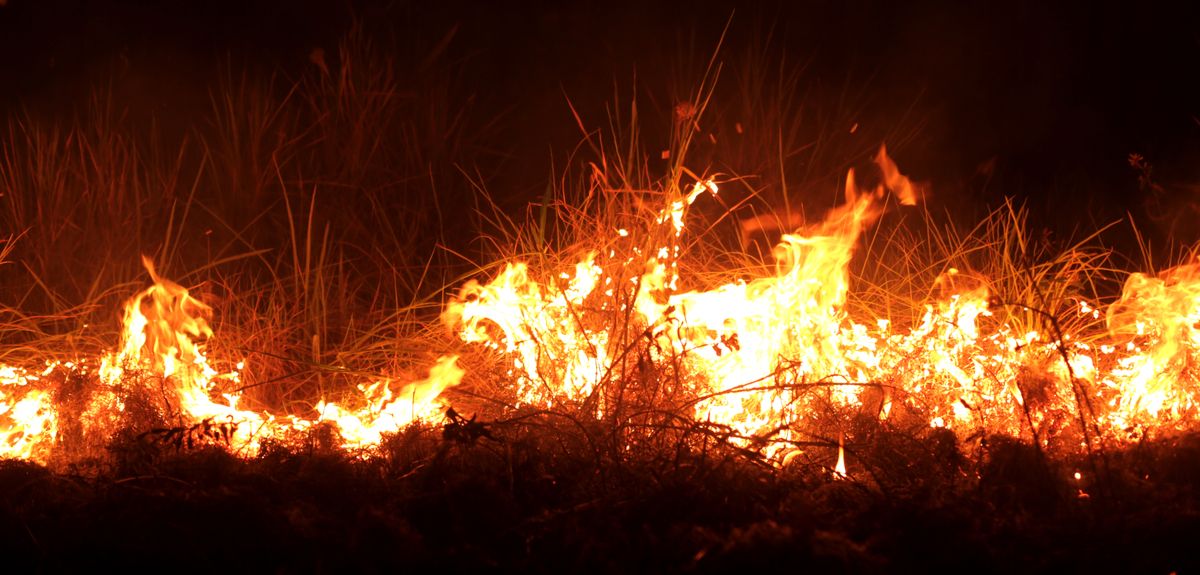
Colombia’s increasing wildfires caused by institutional cattle ranching and land-grabbing
Forest clearance caused by unsustainable cattle ranching, land-grabbing and untitled land are precipitating the growing incidence of Colombian wildfires, according to Oxford-led research with local stakeholders.
Since the 2016 peace agreement between the Revolutionary Armed Forces of Colombia and the Colombian government, studies from the Universidad Nacional de Colombia (UNAL) demonstrate that wildfires in the Tinigua-Picachos-Macarena protected areas have increased six-fold, putting biodiversity and local livelihoods at risk.
Wildfires in the Tinigua-Picachos-Macarena protected areas have increased six-fold, putting biodiversity and local livelihoods at risk
‘It's a very complex situation,’ stresses Oxford's Environmental Change Institute lead author Charlie Tebbutt. ‘The peace agreement brought a move from coca cultivation to legal agriculture and many farmers freely switched over. But the lack of support for sustainable economic alternatives drove many back towards cattle ranching. To transport diversified products such as local fruits you need effective infrastructure, but when roads become impassable during the rainy season, cattle ranching becomes more attractive due to the simple fact you can walk your produce to market.’
The researcher warns that, while building new roads might seem an obvious solution, this has an association with increased wildfires, ‘At most, the findings point towards better maintenance of existing road networks within the agricultural frontier, rather than a complete overhaul of infrastructure.’
If the right approach is not found, up to 50,000ha of land could be lost to cattle pasture, of which 8,000ha would be located in protected areas.
Researchers from Oxford’s Environmental Change Institute, UNAL and the Universidad de la Amazonia, have conducted interviews with local stakeholders under challenging field conditions and identified participants’ views on the causes of the fires. Despite the peace agreement, armed groups continue to occupy areas of forest which, alongside a lack of infrastructure, makes data-based research to determine the causes of wildfires difficult.
Tebbutt was an early career researcher when he began the study, supervised by Dr Imma Oliveras, ECOLMOD’s Professor Dolors Armenteras, and the University of British Columbia’s Dr Tahia Devisscher. The team included Colombian research partners - Laura Obando-Cabrera, Maria Meza and Gustavo Adolfo Gutiérrez García, who provided essential contributions in the field and the laboratory.
Dr Oliveras and Tebbutt agree ‘without our Colombian partners, this work would have not been possible'.
 British children are growing taller but not for the right reasons
British children are growing taller but not for the right reasons
 Expert Comment: The war in the Gulf
Expert Comment: The war in the Gulf
 International Advisory Board to strengthen global leadership in primary care
International Advisory Board to strengthen global leadership in primary care
 Expert Comment: Church-to-mosque conversions grab headlines, but is funding the real crisis?
Expert Comment: Church-to-mosque conversions grab headlines, but is funding the real crisis?